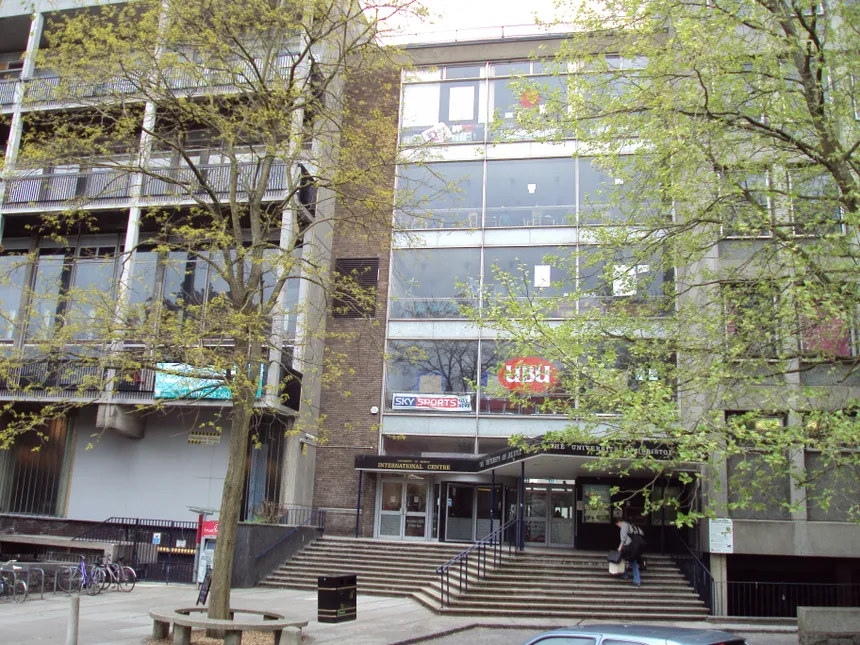Ed Daniels, a 22-year-old student at Bristol University, is taking matters into his own hands to combat dishonesty in academia. As a fourth-year student studying film and television with innovation, Daniels developed an artificial intelligence (AI) app called AIED.UK to detect and prevent essay-writing bots from cheating. The software uses AI to analyze texts and identify whether they were generated by a human writer or a machine. Daniels believes that AIED.UK will help level the playing field in academic settings, where wealthy students have access to expensive AI tools, but others do not.
“I am worried that some people may not have access to that stuff, so we need to level the playing field,” Daniels said in an interview. He sees AI as an essential tool in all workplaces, and since the purpose of university is to prepare students for the world of work, he believes that eventually, AI technology will become a standard part of academic life.
AIED.UK works by using AI to analyze the writing patterns of human writers and detect anomalies in the text. For example, a human writer is less likely to use the most predictable word or phrase, whereas a machine-generated text is more likely to follow a consistent pattern. The software has already shown promising results in detecting AI-generated texts, and Daniels is confident that it can help prevent cheating in academic settings.
Daniels’ passion for coding began at a young age, and he has been banned from using school computers after convincing his classmates that the screens were haunted. Despite criticism from fellow students, who see him as “the guy who told the teachers the homework was due,” Daniels remains undeterred. He believes that his role is to protect the education system from cheaters and to ensure that academic integrity is maintained.

Bristol University
AIED.UK has received a grant from the University of Bristol’s student start-up incubator, Runway, which has given Daniels the resources and support he needs to develop his software. Mark Neild, the programme director at Runway, praised Daniels’ innovation, stating that “this is a rapidly growing market, so we are keen to help Ed develop his skills and build his exciting software.”
The software has already received attention from the academic community, with Kate Whittington, associate pro-vice chancellor for quality and standards at the University of Bristol, expressing interest in the software’s potential to benefit educators worldwide. Daniels is optimistic about the future of AIED.UK, saying that it is a “transitional phase” to prevent cheating while universities adapt to new technologies.
In a society where AI is becoming increasingly prevalent, Daniels’ initiative serves as a reminder of the importance of academic integrity. His software has the potential to level the playing field in academic settings, giving students an equal opportunity to succeed based on their intellectual abilities rather than their financial resources.











































